Table of Contents
If you've ever tried fresh dill, you know its bright, refreshing flavor. But when fresh dill isn't available, dill powder is the perfect solution. This ground spice made from dried dill leaves offers convenience without sacrificing flavor, making it a staple in many kitchens.
This guide covers everything you need to know about dill powder: its flavor profile, culinary applications, buying tips, and storage recommendations. Whether you're a home cook or professional chef, you'll discover how to use dill powder to enhance your dishes.
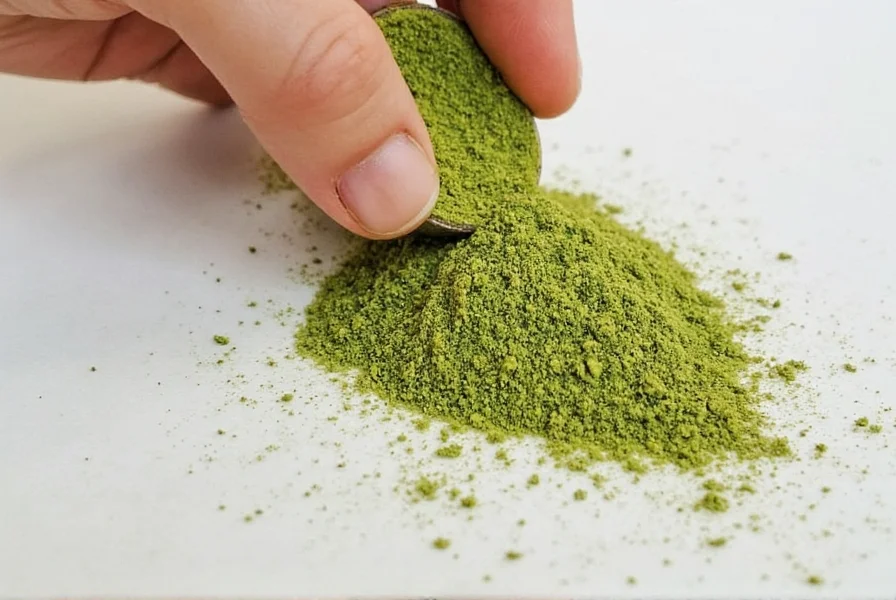
| Aspect | Dill Powder | Fresh Dill |
|---|---|---|
| Flavor Intensity | Moderate | Stronger |
| Storage | Longer shelf life (1-2 years) | Shorter shelf life (1-2 weeks) |
| Usage | Great for baking, seasoning, and sauces | Better for garnishing or raw dishes |
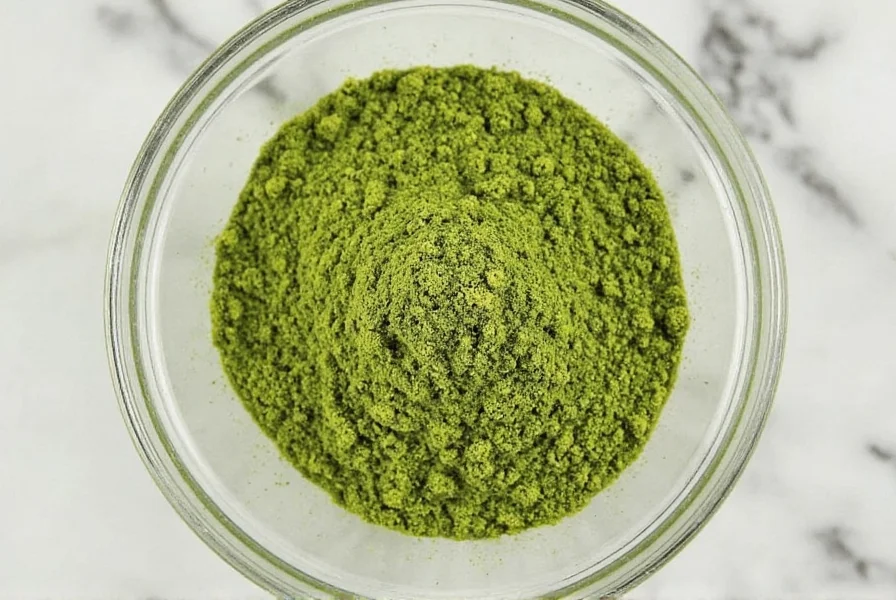
Practical Cooking Uses for Dill Powder
Dill powder is incredibly versatile and works well in many dishes:
- Salads: Sprinkle over potato, egg, or cucumber salads for a fresh herbal note
- Seafood: Mix with lemon juice and olive oil for a perfect salmon or trout sauce
- Soups: Add to creamy tomato or broccoli soup for extra depth
- Baked Goods: Use in breads, muffins, or crackers for subtle herbal flavor
- Dips and Dressings: Blend into mayonnaise, sour cream, or yogurt-based sauces
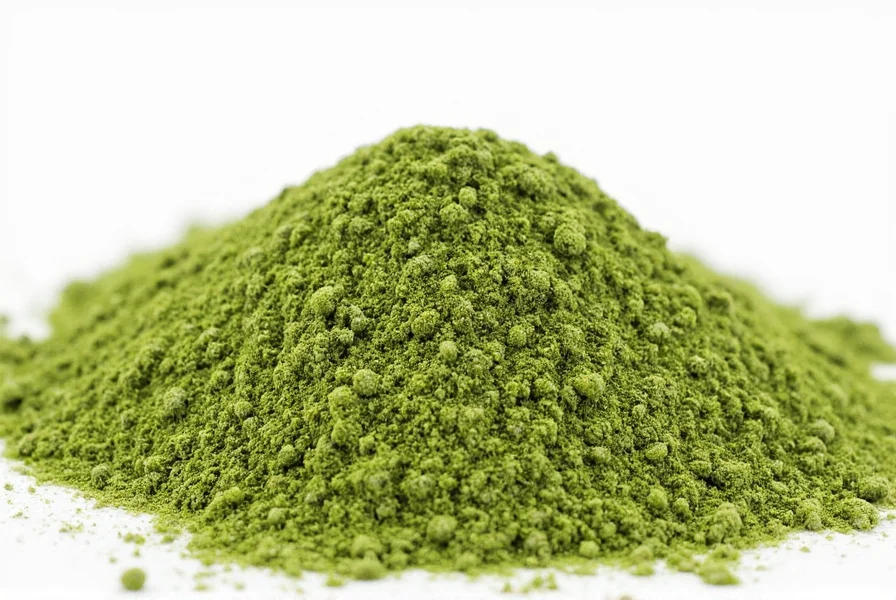
Buying Guide for Dill Powder
When purchasing dill powder, consider these factors:
- Quality: Choose organic options without fillers or artificial additives
- Origin: European varieties typically offer more intense flavor
- Packaging: Look for airtight containers or vacuum-sealed bags to preserve freshness
- Brand Reputation: Select trusted brands known for quality and consistency
| Product Name | Features | Best For |
|---|---|---|
| Organic Dill Powder by Nature's Best | 100% organic, no preservatives | Health-conscious cooks, vegan recipes |
| European Dill Powder by Spices & Co. | Strong, aromatic flavor | Chefs, gourmet cooking |
| Classic Dill Powder by The Spice House | Good value, mild flavor | Everyday cooking, beginners |
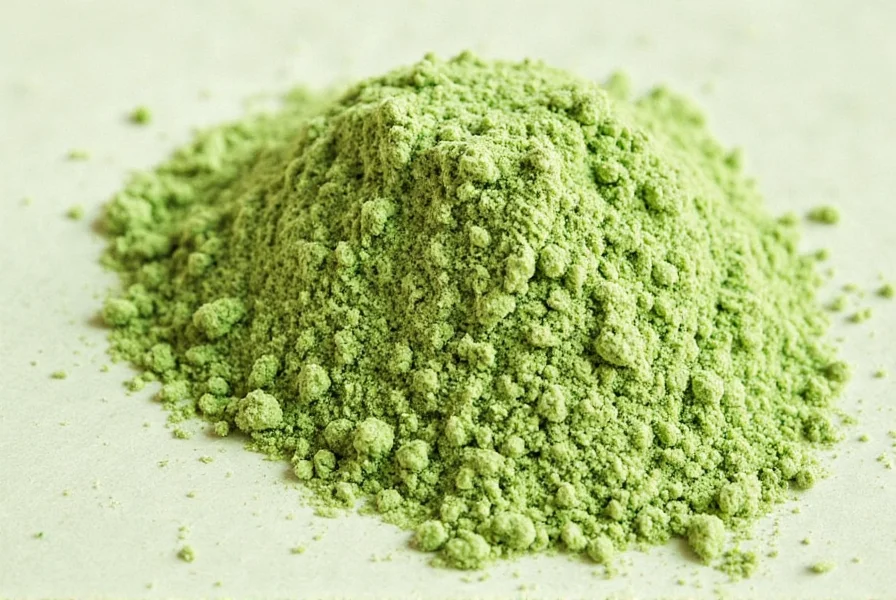
Pro Tips for Using Dill Powder
- Start Small: Dill powder is potent; begin with a small amount and adjust to taste
- Pair It Right: Dill complements dairy, fish, potatoes, and vegetables. Avoid pairing with strong, spicy flavors
- Store Properly: Keep in a cool, dark place in an airtight container to maintain potency
- Use Fresh Dill for Garnish: For stronger flavor, add fresh dill as a garnish after cooking
- Experiment: Mix with other herbs like parsley or cilantro for unique blends
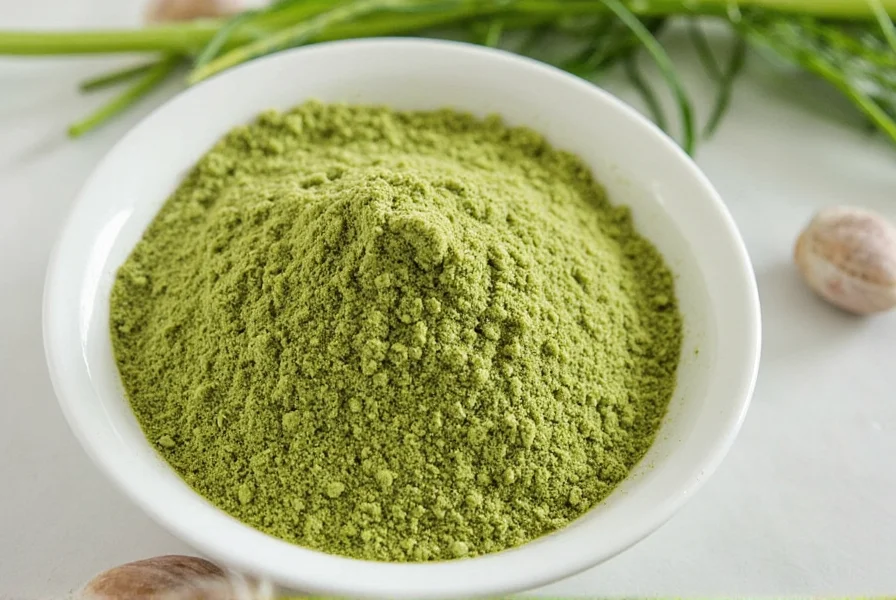
What is dill powder made from?
Dill powder is made from the dried leaves of the dill plant (Anethum graveolens), which are then ground into a fine powder. It comes from the feathery leaves, not the seeds, which have a different flavor profile.
How does dill powder differ from fresh dill?
Dill powder has a more concentrated but slightly less bright flavor than fresh dill. While fresh dill has a grassy, floral quality, dill powder develops earthier notes during drying. Generally, 1 teaspoon of dill powder equals approximately 1 tablespoon of fresh dill.
What dishes work best with dill powder?
Dill powder shines in creamy sauces, dressings, potato salads, fish dishes (especially salmon), cucumber salads, and egg dishes. It also works well in sour cream-based dips, salad dressings, and with roasted vegetables. Avoid using it in strongly spiced dishes where its delicate flavor might get lost.
How long does dill powder last?
Properly stored in an airtight container away from heat and light, dill powder maintains its best flavor for 1-2 years. After this time, it won't spoil but will gradually lose potency. Test by rubbing a small amount between your fingers—if the aroma is weak, it's time to replace it.
Can I substitute dill powder for fresh dill in recipes?
Yes, but with adjustments. Use 1 teaspoon of dill powder for every 1 tablespoon of fresh dill. Since dill powder has a more concentrated flavor, start with less and adjust to taste. For dishes where fresh dill is used as garnish, consider using both dill powder in cooking and fresh dill for finishing.
What spices complement dill powder well?
Dill powder pairs beautifully with lemon, garlic, parsley, chives, and black pepper. It also works well with tarragon, chervil, paprika, onion powder, and celery seed. Avoid pairing with strong spices like cumin or chili powder that might overpower its delicate flavor.
Does dill powder have any health benefits?
Like many herbs, dill contains antioxidants and has been associated with potential health benefits including digestive support and anti-inflammatory properties. While the concentrated form in powder may have less nutritional value than fresh dill, it still contributes beneficial compounds to your diet when used regularly in cooking.
Conclusion
Dill powder is a versatile and flavorful spice that every kitchen should have. Whether you're looking to add a touch of freshness to your dishes or experiment with new flavors, dill powder is a great choice. With the right techniques and a little creativity, you can bring out the best in this unique herb.
Remember, the key to using dill powder well is to start small, pair it wisely, and store it properly. And if you're looking for a way to expand your spice collection, dill powder is definitely worth trying.
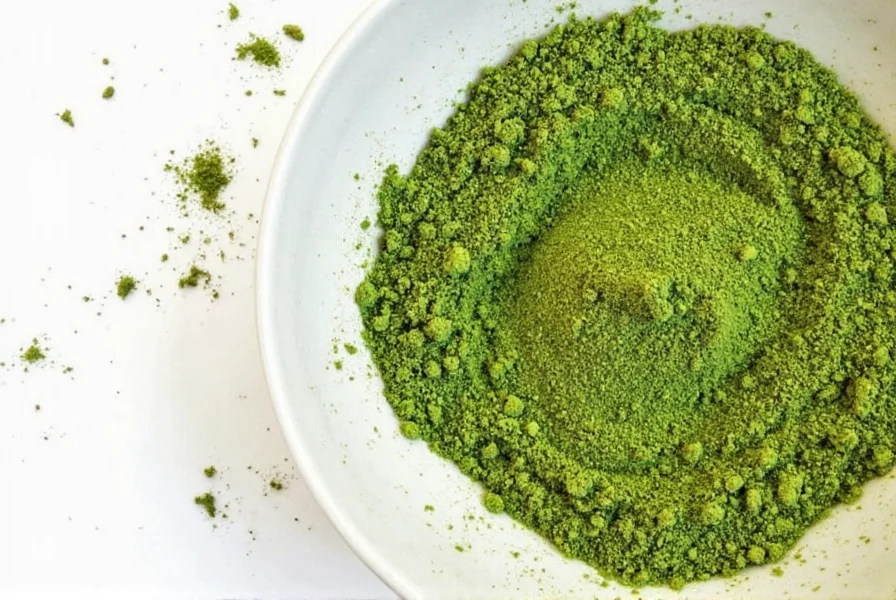

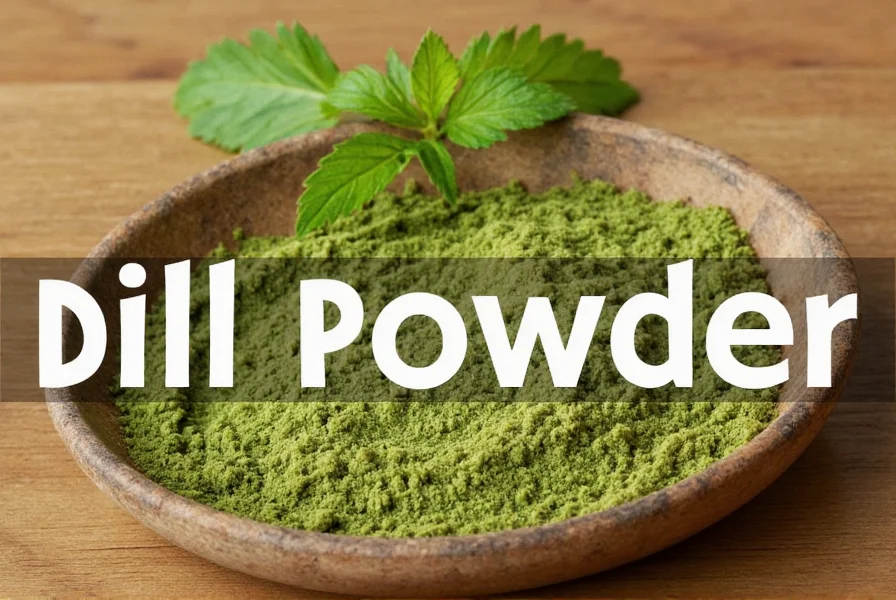









 浙公网安备
33010002000092号
浙公网安备
33010002000092号 浙B2-20120091-4
浙B2-20120091-4